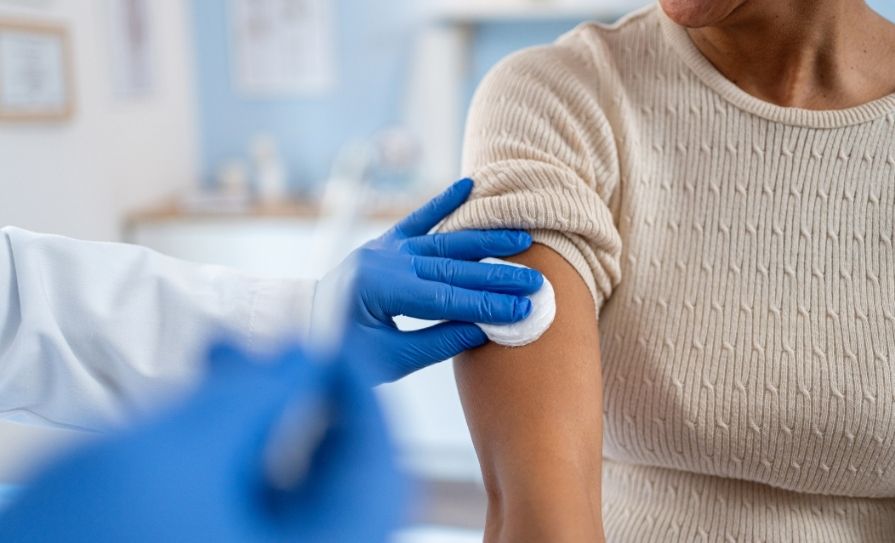Council of Europe study highlights inadequacy of legislation on pharmaceutical crime
A recent study, ‘Medicrime vs Volcano: A practical case study on how the Council of Europe Convention could improve the fight against pharmaceutical crime’, carried out within the framework of the Council of Europe MEDICRIME Convention, has highlighted shortcomings of current legislative approaches in relation to the protection of patients against falsified medicines in Europe.
The study, authored by Domenico Di Giorgio of the Italian Medicines Agency (AIFA), and Diana Russo, Public Prosecutor of Naples, Italy, with the support of the European Directorate for the Quality of Medicines and HealthCare (EDQM), focused on a real case from the 2014 ‘Operation Volcano’, which saw anti-cancer medicines stolen from Italian hospitals and reintroduced in distribution chains to be sold throughout Europe.
The study shows how the MEDICRIME Convention would have supported the prosecution of the case and led to effective sanctions against perpetrators, making a case for the appropriate implementation of the convention.
Based on a survey of regulators and prosecutors in participating countries (Armenia, Belgium, Germany, Italy, Serbia and the UK), the study outcome highlighted the inadequacy of existing legislation on pharmaceutical crimes in light of their serious potential repercussions on public health. The study highlighted in particular shortcomings in traceability systems, the fragmentation of proceedings related to pharmaceutical crimes, and insufficient options for accessory sanctions.
The survey showed that applicable criminal charges remained mostly generic and were not fit for the specific implications for public health that derive from falsifying medicines. From theft of goods or handling of stolen goods, to criminal association — which can currently only be punished under provisions for mafia associations (Italy) or for conspiracy (UK) — most regulatory frameworks do not take into consideration the fact that reintroducing stolen medicines to markets represents a far greater risk for patients than ordinary thefts.
Medicines that are not stored correctly or are tampered with may deprive unwitting patients of the care needed and negatively affect their health. Similarly, sanctions for manufacturing illegal medicinal products or for manipulating authentic medicines, although covered in most criminal codes, are often subordinate to proof of damage to patients or considered as a breach of trademark, contrary to the provisions in the MEDICRIME Convention, which foresees direct charges thanks to its focus on the potential risk for patients.
The study concluded that overall, applicable sanctions were not a sufficiently strong deterrent when weighed against the potential profits of falsifying medicines. Co-ordination and information were also seen as important aspects in need of improvement, due to the involvement of many different judicial authorities in cross-border investigations and often also within the same country.
The study also pointed out that raising awareness of pharmaceutical crime within the judicial sector would pave the way for implementing good practices related to information-sharing between prosecution officers.







